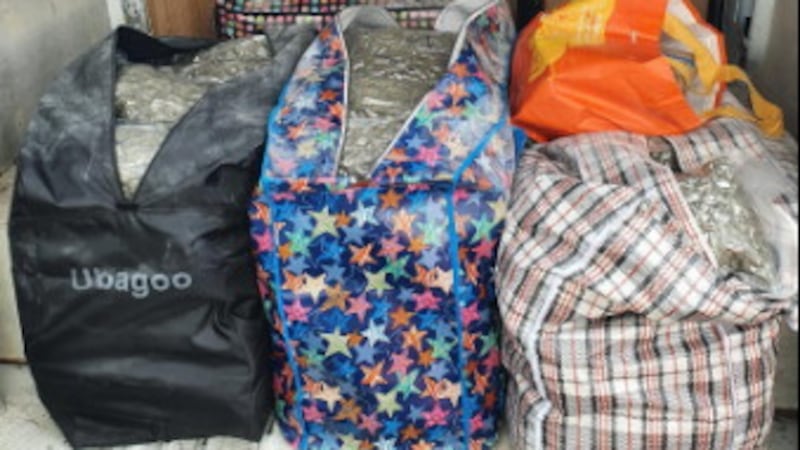Aid groups that visited a packed Gaza hospital described an “unimaginable” situation in which large open wounds were left untreated.
An emergency medical team organised by three aid groups spent two weeks carrying out surgeries and other care at the European Gaza Hospital near Khan Younis.
The southern city has seen heavy fighting between Israeli forces and Palestinian militants since the start of the year.
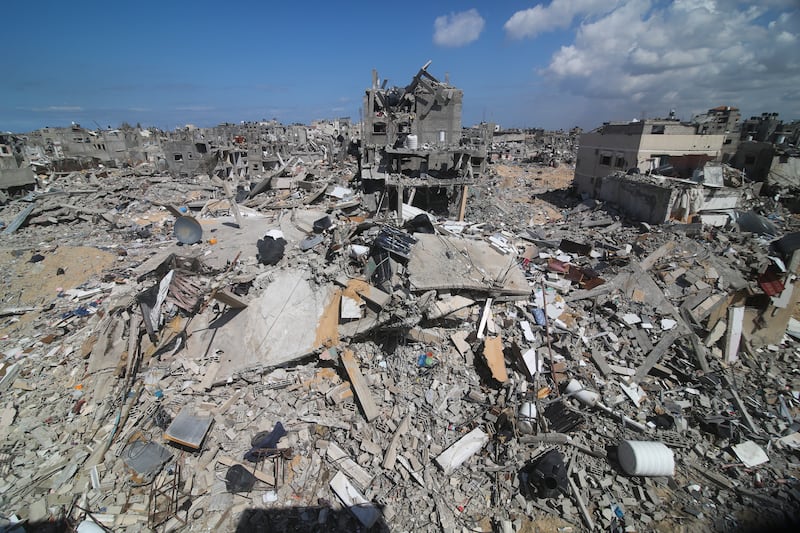
The hospital has expanded to 1,000 beds from its original capacity of 200 to accommodate patients from Nasser Hospital, the main hospital in Khan Younis, which Israeli forces raided last month.
There are also an estimated 22,000 people sheltering at the European Gaza Hospital.
The visiting surgeons “reported large infected open wounds on patients and having to administer emergency nutritional supplies to patients as the lack of food was jeopardising patient treatment.”
In a statement released on Monday, the team said healthcare workers had been forced to evacuate or were unable to access the hospital.
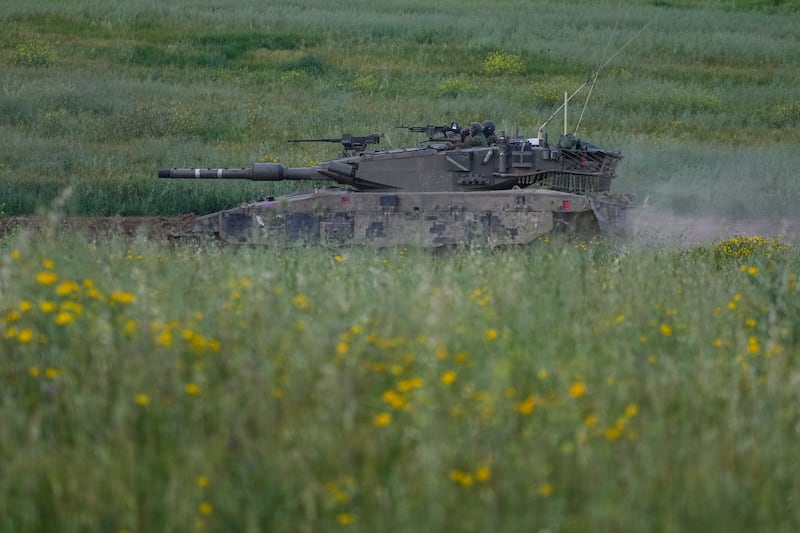
It said Israeli restrictions had led to shortages of medical supplies, including basics like gauze and plates and screws used to stabilise broken bones.
Israel accuses Hamas of using hospitals and other civilian facilities to shield its fighters and has raided a number of medical facilities since the start of the war.
Most of Gaza’s hospitals have been forced to shut down, even as scores are killed and wounded each day in Israeli strikes.
At least 30 Palestinians were killed after Israeli strikes hit the city of Rafah on Sunday through to Monday.
The southern city is home to some 1.4 million people, more than half of Gaza’s population, with many having fled to the city to escape fighting elsewhere.
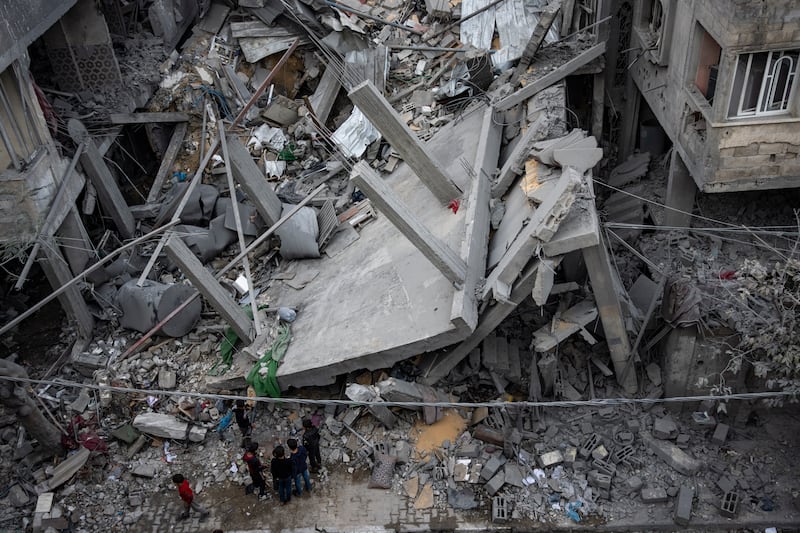
The Abu Youssef al-Najjar Hospital, which received the bodies, said on Monday that 10 children and 11 women were among those killed.
Israel ordered Palestinians to move south in the opening months of the war but has continued to carry out strikes in all parts of the territory, including Rafah.
The United States, Israel’s closest ally, has urged Israel against launching a major operation in Rafah, warning of a humanitarian catastrophe.
Israel says it cannot defeat Hamas without going into Rafah, where it says the group has four battalions composed of thousands of fighters.
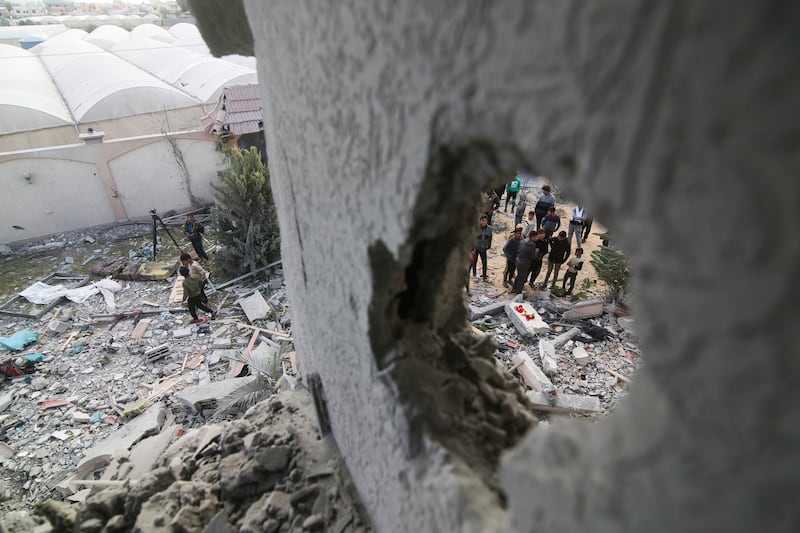
International aid officials say the entire population of the Gaza Strip — some 2.3 million people — is suffering from food insecurity and that famine is imminent in the hard-hit north.
Israel’s offensive has killed more than 32,000 Palestinians and experts warn that even more are at risk of dying from disease and starvation.
The war began on October 7 when Hamas-led militants stormed into Israel and killed some 1,200 people, mostly civilians, and abducted around 250 people.
The emergency medical team was organised by Medical Aid for Palestinians, the International Rescue Committee and the Palestine Children’s Relief Fund.


